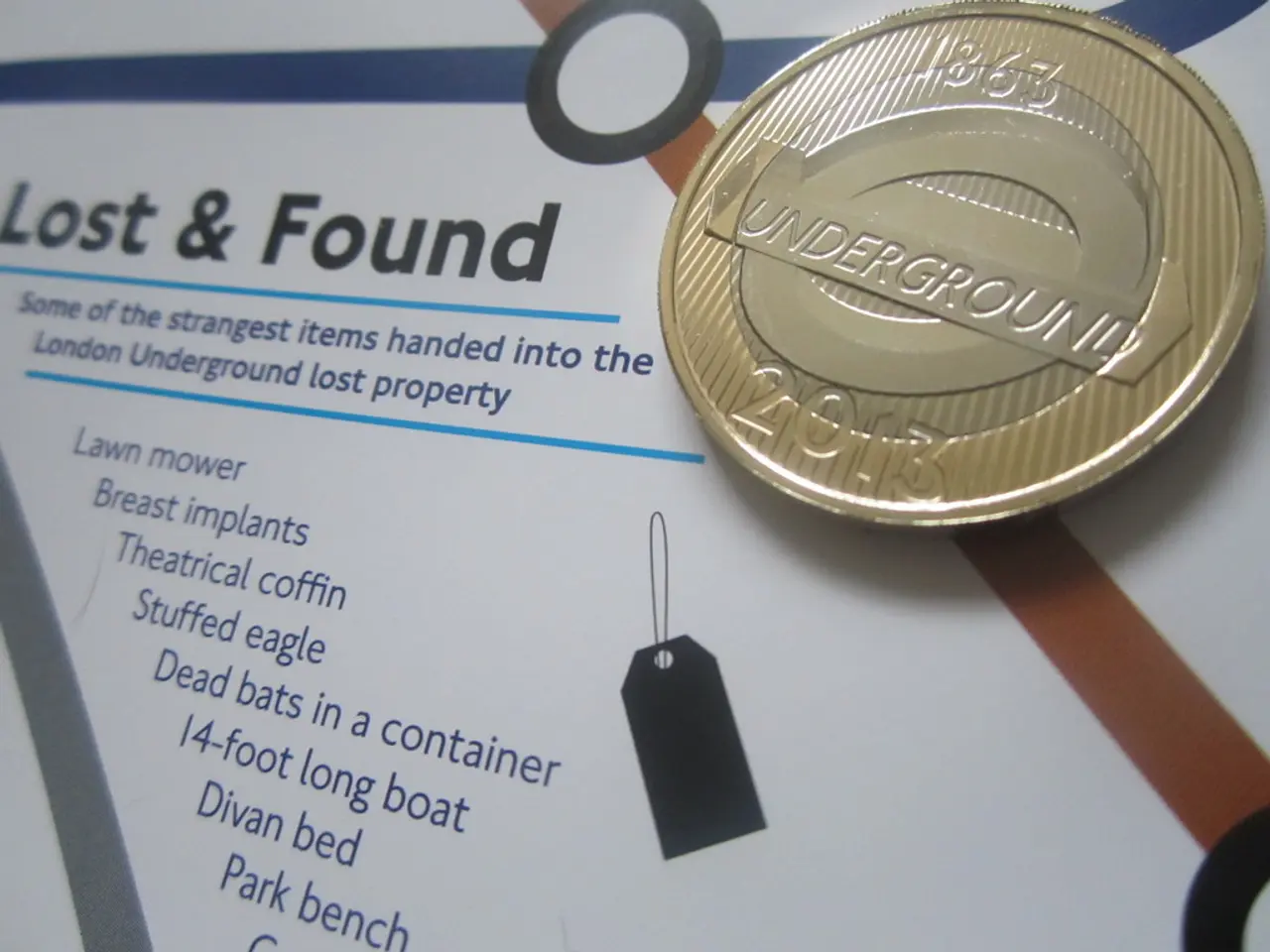Competing for Financial District's Heart: Kemi Badenoch's Campaign Strategy
In a bid to regain public trust and differentiate themselves from Labour, the Conservative Party, led by Kemi Badenoch, has outlined several key policy areas. The focus is on restoring trust through credible and pragmatic policies on immigration, sovereignty, and fiscal responsibility.
Badenoch acknowledges that the Conservatives have lost public trust due to failing to deliver on promises, particularly around Brexit and immigration. She criticises past Tory actions for telling the public "what they wanted to hear first and then trying to work it out later." The new approach aims to renew the party by holding Labour to account and preparing for government with a more credible approach.
One of the key policy areas is international agreements and sovereignty. Badenoch proposes forming a new policy commission to examine how existing international agreements, such as the European Convention on Human Rights (ECHR), impact the UK Parliament's ability to implement immigration policies and secure national borders. She advocates for careful consideration of whether such treaties restrict parliamentary sovereignty and government decision-making, emphasising the need to "look before we leap" before leaving treaties like the ECHR.
Immigration remains a central focus, with Badenoch emphasising practical distinctions in immigration policy, such as differentiating between short-term visitors from Western Europe and larger migrant families from poorer EU countries. She also links criminal issues like grooming gangs to border control, suggesting a tougher stance on border security.
Cultural conservatism and modern identity are also key aspects of Badenoch's strategy. She is noted for being outspokenly conservative on cultural issues while representing a modern Britain in terms of ethnicity and background. This positioning seeks to appeal to traditional Tory voters while reflecting contemporary social realities.
The Conservatives face a complex electoral landscape, with votes split among Labour, the Tories, and Reform UK. Badenoch is trying to consolidate the right-wing vote by presenting a clear conservative alternative to Labour and Reform UK, underlining the need for party renewal to recover support.
The Conservatives' support has slipped from around 25% at the start of the year to just 18% today, according to recent polls. However, Badenoch states that she and her team come from a private sector background and will be the champions of business. She emphasises fiscal responsibility and efforts to reduce spending as key to restoring the Conservative party's support.
Badenoch insists that the Conservative party is the natural party of business and is scheduled to meet with City AM's City editor, Simon Hunt. She corrects that gilt yields are higher than during Liz Truss's era, indicating a lack of faith in the Labour government's economic management. The high gilt yields are also due to Labour's tax hikes, rising unemployment, and cuts to growth forecasts in the past year.
The Labour government is accused of talking the economy down and creating a fictitious black hole. Sir Keir Starmer, the Labour prime minister, has expressed regrets over his speech on curbs to immigration, which some saw as an echo of a speech by Enoch Powell. He also regrets the tone of his "things will get worse before they get better" speech in the Downing Street garden last summer.
Badenoch's team includes two right-hand men, Mel Stride and Andrew Griffith, both veterans of the business world, to push for economic credibility. The Conservatives are working on a policy renewal program to refresh the government and system, with a focus on the services economy and financial services, as the country is 80% services-based.
The Labour government won the 2022 general election with a significant majority of 411 seats. However, their public support has collapsed from 37% prior to the election to a paltry 23% today. Boris Johnson resigned as prime minister on July 7, 2020, following the "partygate" scandal. His premiership was followed by Liz Truss's, marked by unfunded spending pledges that triggered her defenestration.
Kemi Badenoch became the leader of the Conservative party in November 2022. She believes the Conservatives need to rebuild trust with the public to regain support and is scheduled to meet with City AM's City editor, Simon Hunt, to discuss her plans further. The Labour government is set to complete its first full year in office on July 5, 2023.
- Kemi Badenoch, the Conservative Party's leader, emphasized the importance of fiscal responsibility and business support as key components of their policy-and-legislation, aiming to restore the party's dwindling public support.
- Badenoch's policy-and-legislation agenda includes a focus on the services economy and financial services, recognizing that the country is primarily 80% services-based.
- In an effort to display economic credibility, Badenoch's team, which includes Mel Stride and Andrew Griffith, both veterans of the business world, are working diligently on a policy-renewal program to refresh the government and system.
- The Labour government, in contrast, has been accused of creating a fictitious black hole in the economy and talking it down, as evident in Sir Keir Starmer's controversial speech on curbs to immigration and his "things will get worse before they get better" speech last summer.
- The Conservatives, under Badenoch's leadership, are keen on distinguishing themselves from Labour, particularly in the finance and economy sectors, to regain the public's trust and differentiate their banking policies. They believe this will help them gain back the support they've lost over time, especially in the wake of the general news that has affected both parties' standing with the public.




